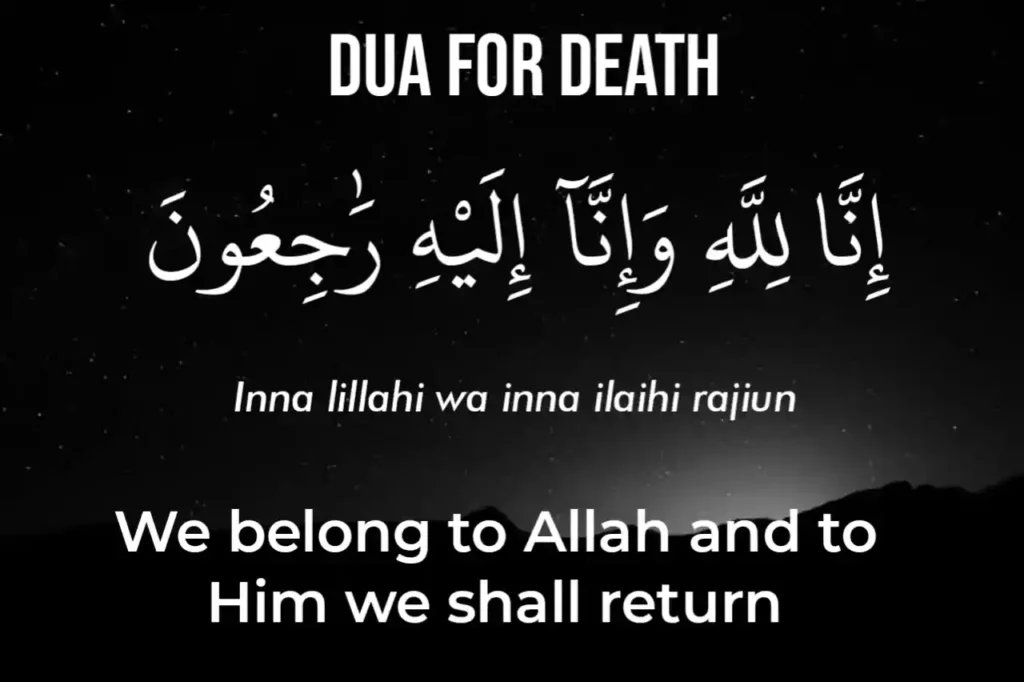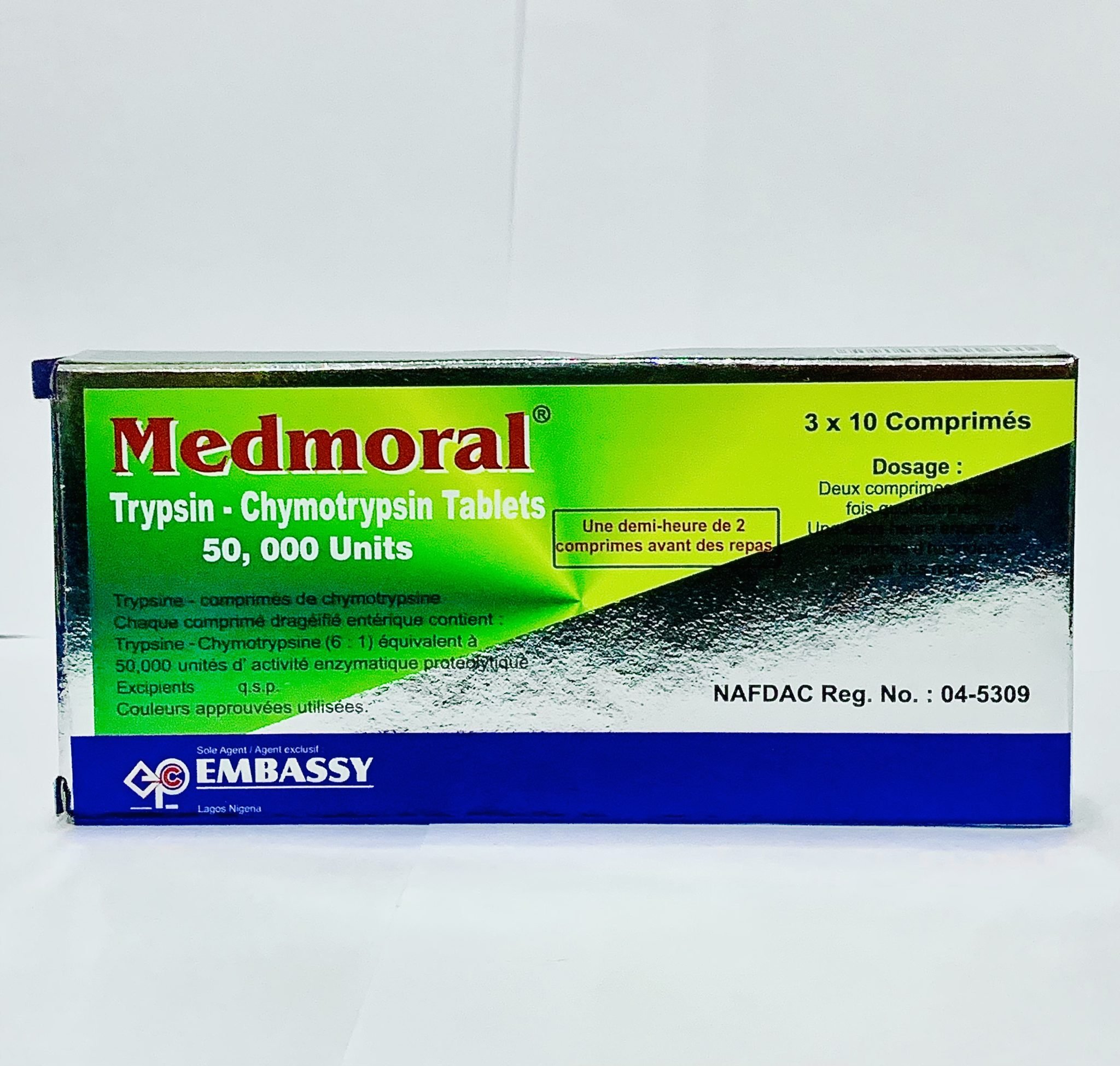
Sending prayers for our departed loved ones is a beautiful practice in Islam. The dua for the deceased in Arabic holds immense significance in seeking blessings and mercy for the souls who have passed on. These supplications serve as a means of showing love and remembrance for those who are no longer with us. Let’s delve deeper into the power and importance of dua for the deceased in Arabic to honor and remember our dear ones in the most heartfelt way.
Dua for the Deceased in Arabic: A Powerful Act of Remembrance
Saying a heartfelt dua for the deceased in Arabic is a beautiful and meaningful way to remember and honor our loved ones who have passed away. In Islam, offering prayers and supplications for the departed souls holds immense significance, providing comfort and solace to both the deceased and the living. This article delves into the significance of dua for the deceased in Arabic, exploring various prayers, traditions, and etiquettes associated with this sacred act.
The Importance of Dua for the Deceased
When a loved one passes away, it can be a challenging and emotional time for those left behind. In Islam, offering dua for the deceased is not only a way to seek Allah’s mercy and forgiveness for the departed soul but also a means to show respect and love for the deceased. The Prophet Muhammad (peace be upon him) emphasized the importance of remembering the deceased in our prayers and seeking Allah’s blessings for them.
Seeking Forgiveness and Mercy
One of the primary reasons for reciting dua for the deceased in Arabic is to ask Allah to forgive their sins and grant them mercy and peace in the hereafter. As human beings, we are all vulnerable to making mistakes and transgressions, and by praying for forgiveness for the deceased, we hope to alleviate their suffering and elevate their status in the afterlife.
Expressing Love and Remembrance
Reciting dua for the deceased is also a way to express our love and remembrance for them. By invoking Allah’s blessings upon our departed loved ones, we affirm our bond with them and demonstrate that they hold a special place in our hearts. This act of remembrance not only benefits the deceased but also brings comfort and solace to the living, helping them cope with the loss.
Common Duas for the Deceased in Arabic
There are several powerful and deeply moving prayers that can be recited for the deceased in Arabic. These duas are rich in meaning and offer supplications for the well-being and forgiveness of the departed souls. Here are some common duas that are often recited for the deceased:
Dua for Forgiveness (Dua Maghfirah)
One of the most commonly recited duas for the deceased is the Dua Maghfirah, which seeks Allah’s forgiveness and mercy for the departed soul. This dua is a heartfelt plea for the deceased to be granted forgiveness for their sins and to be admitted into Jannah (paradise).
Dua for Mercy (Dua Rahma)
The Dua Rahma is another powerful supplication that asks Allah to shower His mercy and compassion upon the deceased. By reciting this dua, we seek Allah’s benevolence and kindness for the departed soul, praying for their souls to be at peace and their sins to be pardoned.
Dua for Light in the Grave (Dua Nur)
Reciting the Dua Nur is believed to bring light and comfort to the deceased in their grave. This dua asks Allah to illuminate the grave of the departed soul and grant them peace and tranquility in the realm of the unseen.
Etiquette of Reciting Dua for the Deceased
When reciting dua for the deceased in Arabic, it is essential to observe certain etiquettes and traditions to ensure that our prayers are accepted and beneficial. Here are some guidelines to keep in mind when making dua for the deceased:
Intention and Sincerity
Before reciting dua for the deceased, it is crucial to make a sincere intention and offer the supplications with a pure heart. By sincerely seeking Allah’s mercy and forgiveness for the departed soul, our prayers are more likely to be accepted and rewarded.
Consistency and Frequency
It is recommended to make dua for the deceased regularly and consistently, especially during special occasions such as Fridays, Ramadan, and other significant Islamic dates. By maintaining a consistent practice of remembering the deceased in our prayers, we demonstrate our enduring love and respect for them.
Invoke Allah’s Mercy
When reciting dua for the deceased, it is important to invoke Allah’s boundless mercy and compassion. By beseeching Allah to bestow His blessings and forgiveness upon the departed souls, we express our humility and reliance on His infinite grace.
In conclusion, reciting dua for the deceased in Arabic is a powerful and deeply meaningful act of remembrance in Islam. By offering prayers and supplications for our departed loved ones, we seek Allah’s forgiveness and mercy for them, express our love and remembrance, and provide comfort and solace to both the deceased and the living. May our heartfelt duas bring peace and blessings to the souls of our departed loved ones, and may Allah grant them light and tranquility in the hereafter.
Remember, the act of making dua for the deceased is a beautiful way to honor their memory and seek Allah’s mercy on their behalf. Let us continue to hold our departed loved ones in our prayers and hearts, knowing that our sincere supplications can make a difference in their eternal journey. May we find solace in the knowledge that our loved ones are in Allah’s merciful hands, and that our prayers for them are never in vain.
Dua for the dead : Funeral dua 1 (forgiveness and mercy)
Frequently Asked Questions
What is the significance of dua for the deceased in Arabic?
Offering dua for the deceased in Arabic is a way to show respect, love, and remembrance for the departed soul. It is believed to bring peace and comfort to the deceased in the afterlife and to benefit the living by seeking forgiveness and blessings for the departed.
How can I perform dua for the deceased in Arabic?
To perform dua for the deceased in Arabic, you can simply recite prayers asking Allah to grant mercy and forgiveness to the departed soul. You can use phrases like “Allahummaghfir lahu” (O Allah, forgive him) or “Allahummarhamhu” (O Allah, have mercy on him) while making your supplications.
When is the best time to make dua for the deceased in Arabic?
The best time to make dua for the deceased in Arabic is anytime you remember the departed soul or during special occasions such as after completing Quran recitation, on Fridays, or on Islamic holidays. It is a noble practice to continue making dua for the deceased regularly.
Final Thoughts
In conclusion, remembering to recite the dua for the deceased in Arabic holds great significance in honoring and praying for our loved ones who have passed away. This powerful supplication serves as a way to seek forgiveness and mercy for the departed souls. By reciting this dua with sincerity and faith, we offer our prayers and blessings for the deceased to find peace and light in the afterlife. Let us continue to remember and uphold this sacred practice to show our love and respect for those who have passed on.



